
Methicillin-resistant Staphylococcus aureus (MRSA) causes more than 11,000 deaths in the United States each year and a new study shows how this pathogen is able to evade last-line antibiotics.

Methicillin-resistant Staphylococcus aureus (MRSA) causes more than 11,000 deaths in the United States each year and a new study shows how this pathogen is able to evade last-line antibiotics.
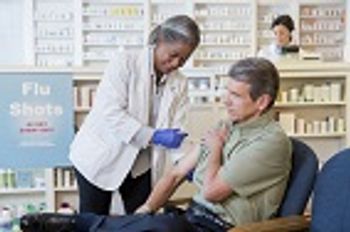
Public-health experts recommend that the seasonal influenza vaccine be available in more non-medical settings in hopes that with increased accessibility, more people will choose to get vaccinated.

US food-safety legislation has toughened up as both regional and national centers strive to provide the public with safe food through the use of food-related disease surveillance programs and new technologies.
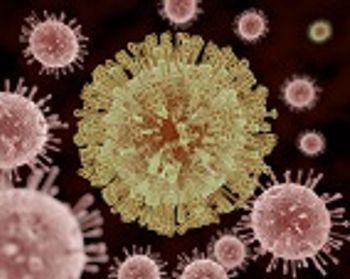
A new study has found that Zika virus impacts fertility in male mice.

Researchers have not been able to develop a vaccine for hepatitis C, which causes 700,000 deaths around the world annually, and now, a new study shows why developing a vaccine for the virus has been so difficult.

The monoclonal antibody, ibalizumab, has proven to be both safe and effective in treating patients who are infected with multi-drug-resistant HIV-1 and have been previously treated.

The huge economic toll of widespread disease is rarely accounted for when officials set budgets—with the result that countries frequently find their finances in shambles during and after a pandemic.

At the ID Week meeting in New Orleans, Louisiana, a trio of speakers addressed some of the outpatient challenges regarding antimicrobial stewardship.

Compared with bigger institutions, community hospitals are lacking when it comes to educating healthcare workers and providing effective infection control programs, which is compromising patient care, according to a presentation at ID Week 2016.

Researchers estimate that there are more cases of sclerosing panencephalitis (SSPE), a fatal measles complication, than previous thought.

At the annual meeting of Infectious Diseases Society of America, researchers revealed that in addition to microcephaly, other neurological consequences of Zika virus are being recognized.

Researchers say Morgellons disease is associated with Lyme disease, and the colorful filaments protruding from the skin are comprised of keratin and collagen.

“The number of people who experience the devastating effects of preventable infectious diseases like measles, diphtheria, and whooping cough is at an all-time low," according to the Centers for Disease Control and Prevention (CDC).

The probability of a measles epidemic occurring in Texas increases as the number of children exempt from receiving the measles vaccine continues to grow.

A trio of speakers addressed the global problem of antibiotic resistance and how the problem is especially vexing in Africa, Asia, and Latin America, at the annual conference of the Infectious Diseases Society of America in New Orleans, Louisiana.

During ID Week, Robert Read, MD, from University Hospital Southampton in Southampton, UK, discussed how a better understanding of meningococcal disease has led to more effective treatment strategies.

At the annual meeting of the Infectious Diseases Society of America in New Orleans, Louisiana, Judith Currier, MD, from the University of California, Los Angeles, discussed the many challenges that HIV-positive individuals face as they live longer lives.
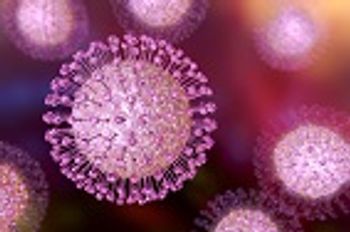
Zika has reached Australia and authorities are taking preventive measures to prevent a large-scale outbreak.

Review authors discuss current knowledge regarding psychobiotics and identify questions for future research.

Doctors at the Children’s Hospital Colorado have published their research on a new approach to antibiotic stewardship, with promising reductions in antibiotic use and rates of Clostridium difficile.

A symposium at the annual meeting of the Infectious Diseases Society of America in New Orleans, Louisiana, highlighted initiatives designed to curb the spread of antibiotic resistance.
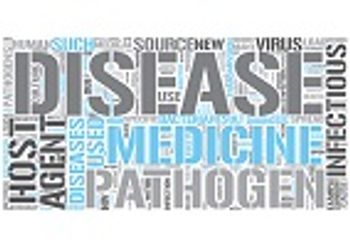
Speakers at the Infectious Diseases Society of America annual conference plenary symposium in New Orleans, Louisiana, discuss past successes, current challenges, and future efforts regarding infectious disease.

Zika has been around for a long time, with the first report dating back to 1947. Until 2007, only 14 cases had been reported. Subsequently, there have been three outbreaks, culminating with its arrival in the Americas in the 2015 epidemic in Brazil.
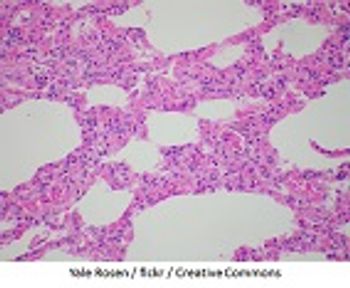
At the Infectious Diseases Society of America Meeting, in New Orleans, Louisiana, Octavio Ramilo, MD, Nationwide Children’s Hospital, Columbus, Ohio, gave a lecture on advancements being made when it comes to host response and pathogenesis of respiratory syncytial virus.

The nation’s top public health officials believes the disease is destined to spread across the United States in the coming months.

Thirty years after the 1980s AIDS crisis, researchers have proven that Gaétan Dugas, known as Patient Zero, was, in fact, not the first AIDS case.

Vaccines are generally quite safe, but a recent study of BCG, DTP, and MCV raises concerns that warrant further exploration.

Despite public outcry, experts agree that vector-control methods are still the most effective ways to fight the spread of the Zika virus.

Researchers from Sweden’s Linköping University discover the pathway that leads to deadly infections in people co-infected with HIV and TB.

New cases of Zika are impacting Florida’s “Little Haiti” neighborhood.